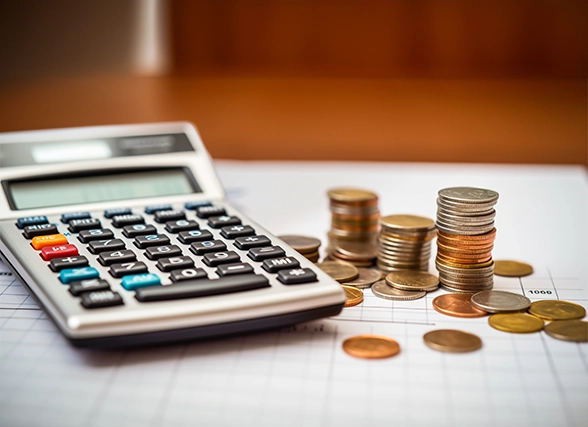


Total Cost of Ownership (TCO) looks at all the expenses involved in owning and using a product over time—not just the purchase price.In lighting, TCO comprises installation costs, energy consumption, regular maintenance, and replacement of the equipment. Calculations give the business an idea of what they will eventually spend in the long term. In such solutions, one will incur higher upfront investment but save money in general because they consume less energy or have a longer lifespan. Wipro Lighting focuses on solutions that minimize TCO through energy-efficient and durable lighting options tailored to the needs of businesses.


Total Cost of Ownership (TCO) looks at all the expenses involved in owning and using a product over time—not just the purchase price.In lighting, TCO comprises installation costs, energy consumption, regular maintenance, and replacement of the equipment. Calculations give the business an idea of what they will eventually spend in the long term. In such solutions, one will incur higher upfront investment but save money in general because they consume less energy or have a longer lifespan. Wipro Lighting focuses on solutions that minimize TCO through energy-efficient and durable lighting options tailored to the needs of businesses.
When choosing industrial lighting fixtures, five key factors impact Total Cost of Ownership (TCO): Return on Investment (ROI): The time it takes for a fixture to pay for itself through energy savings or reduced maintenance. Superior Optics: High-quality optics improve light quality, enhancing workplace productivity and morale. Thermal Performance: Proper heat management in LEDs extends fixture life while reducing maintenance costs. Design Requirements: Fixtures should be built to withstand harsh industrial conditions. Trustworthy Manufacturing: Reliable, well-designed fixtures from reputable manufacturers reduce long-term costs and provide better durability, making the investment more secure.
TCO covers all costs beyond the actual purchase price and incorporates elements such as installation, energy use, maintenance, repair, and disposal. All these costs should be factored to assess true long-term costs.
TCO can help evaluate important purchases to be used over the long term and with constant expenses made, like machinery, automobiles, or lighting systems, in terms of the overall expenses there are for its maintenance and energy consumption.